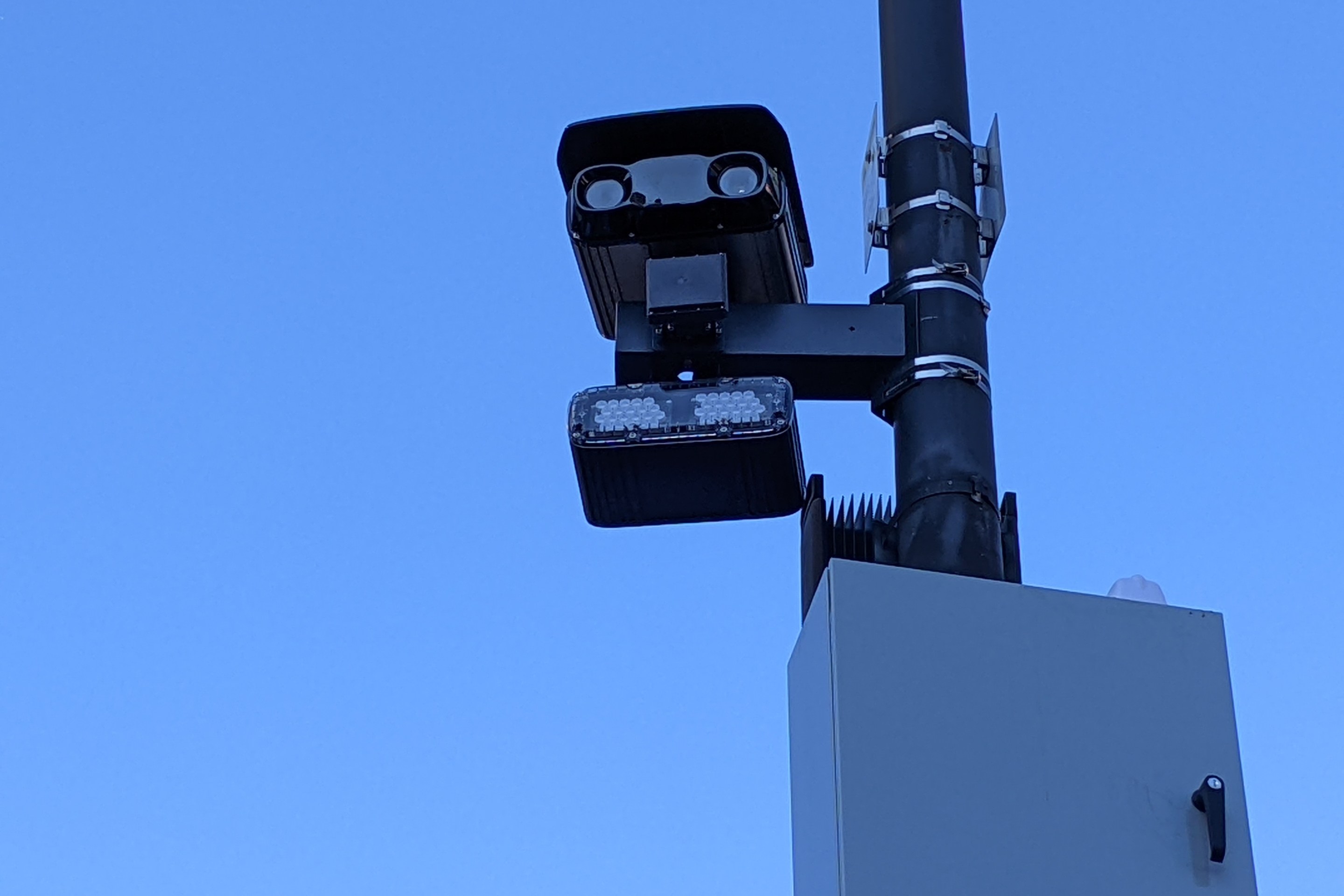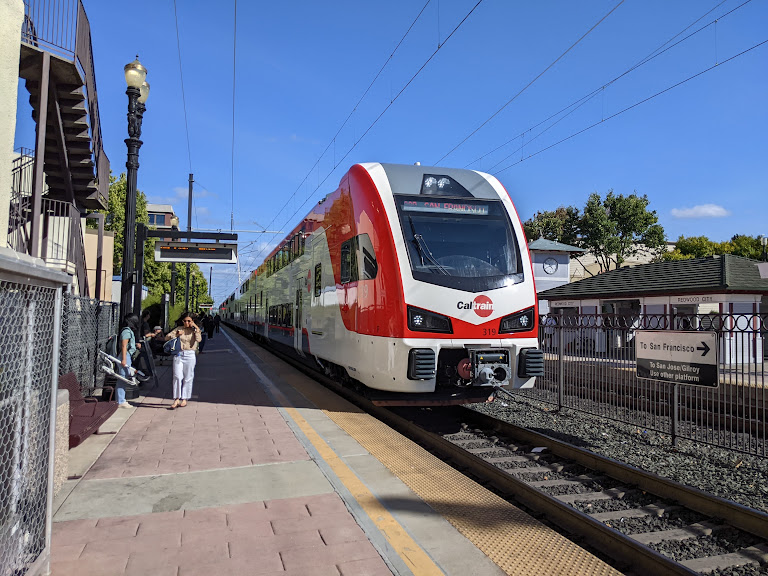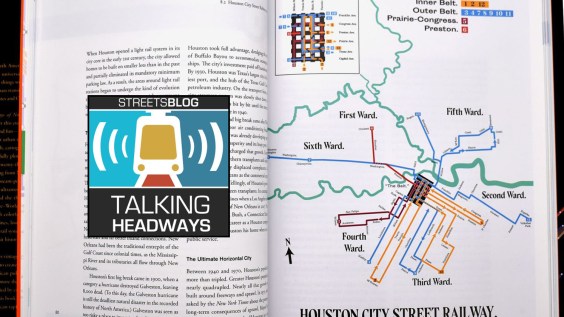 Photo: Bringo.
Photo: Bringo.The Board of Supervisors, acting as directors of the San Francisco County Transportation Authority (SFCTA), voted 8-3 yesterday to put a $10 vehicle registration fee increase on the November ballot, a measure that would raise $5 million yearly for congestion mitigation, street and road resurfacing, pedestrian safety and improved transit.
The fee increase was made possible when the governor signed SB 83 (Hancock) in late October, which has compelled county congestion management agencies to debate the merits of an increase. According to SB 83, any county could raise the vehicle registration fee by $10 dollars, so long as the money was spent on programs for congestion and pollution mitigation. The SFCTA's expenditure plan would allocate the $5 million to street resurfacing (50 percent), pedestrian safety (25 percent) and transit technology improvements (25 percent).
Surprisingly, the three "no" votes were from supervisors traditionally very supportive of transit: David Chiu, John Avalos and Eric Mar. Those supervisors raised numerous concerns about the measure, most notably that it would not raise much money and that it would compete with other significant tax measures that might be on the ballot. $5 million is a drop in the bucket compared to the San Francisco Municipal Transportation Agency's more than $700 million annual budget, they argued, and would amount to few improvements on the street.
"I personally think this is the wrong time to do it," said Chiu. "We only have a few shots at new revenue. I think if
we're going to place anything on the ballot, we have to put on tax
measures that result in real revenues for the general fund needs, not a
measure that will provide us pennies on the dollar for congestion and
pollution mitigation projects."
Chiu said the ballot was already crowded and adding another tax measure with limited impact could make it harder to pass the other measures, such as his small business payroll tax initiative. Chiu also pointed to a bill State Senator Mark Leno is pushing in Sacramento that would raise the vehicle licensing fee to 2 percent and would likely bring in an excess of $30 million per year to San Francisco coffers starting in 2012.
John Avalos concurred with Chiu's policy analysis and said this fee increase could poison the well for the other measures, including his property transfer tax initiative. "It seems like a little bit of money that could sour the greater need to have other sources of revenue pass on the ballot," he said. "If we have five tax measures there's a chance they may all go down."
A portion of the anger expressed by the dissenting supervisors likely had to do with how the SFCTA staff had proceeded with a poll to gauge public support for the measure, which showed a 62 percent favorable rating. Supervisor Chiu was angry the poll, conducted by EMC Research, compared the registration fee to his measure and the other potential measures and, in his estimation, asked slanted questions.
"I think most of these questions are incredibly biased," said Chiu. "The poll was frankly looking for
results before they got them."
"It's clear this was an instrument that had a
specific design in mind and I don't think it furthers what we want to
further in the city," he added.
Jose Luis Moscovich defended the SFCTA's approach and said similar polls in the other eight Bay Area counties considering a vehicle registration fee compared the fee measure against other potential ballot initiatives. SFCTA's legal council also put to rest the contention that polling with public money was illegal, saying instead the action had distinct legal precedence.
Moscovich said Napa County was the only Bay Area county to opt out of considering the measure, but the unified focus from the other county congestion management agencies was significant. Moscovich noted that Santa Clara, Alameda, Marin and San Mateo counties had already voted to put the measure on the ballot and Contra Costa County would be voting on it next week.
"The benefit of having the transportation community focused on this in this manner and in a joint effort is that it takes away any consideration of competitive advantage from one county to another for not having this thing permanently imposed," he said. "The other big benefit is that there would be an awareness around the region about this being the first transportation revenue source authorized by the state in almost 20 years."
Supervisor Bevan Dufty gave a ringing endorsement of the fee increase and focused his comments on the impacts of poor paving on the city's bottom line. "We know that every year our city pays enormous claims to people who are injured because of the conditions on our streets and roadways, bicyclists and others who are injured because the state has taken away so much of the resources that we have traditionally had to improve our roadways," he said.
"This is the first time in a decade we've had an opportunity to dedicate a funding source for the programs we work so hard and our staff works so hard to implement and oversee."





